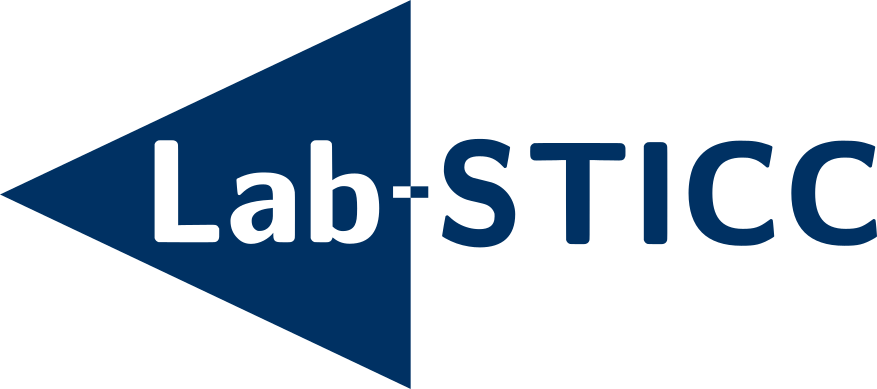Digital Twin Driven Smart Home: A Feasibility Study
Résumé
We aim to facilitate the daily-life activities of frail or elderly people in collaboration with mobile assistive robots through the means of a digital twin-powered smart home. Being able to quickly and efficiently produce a digital twin of the human user's environment, can help to further develop personalized assistive solutions. As our first investigation toward this goal, we describe our proof-of-concept "digital twindriven smart home" implementation. It consists of a virtual representation, robot navigation and environment semantics using open-source software. The initial obtained results on the building process of the digital twin are encouraging and suggest the possibility of integration of digital twin for smart spaces.
Domaines
Informatique [cs]
Origine : Fichiers produits par l'(les) auteur(s)

